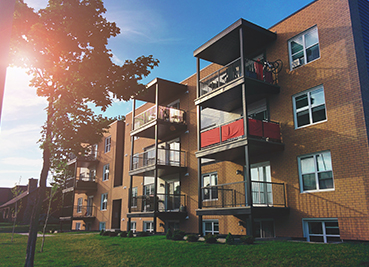
Higher interest rates turned metro Denver housing market from a hare to a tortoise last year.
California remains the home of the most costly abodes in the U.S., but metro Denver ended 2022 only $4,176 below New York City on the Zillow Home Price Index. And home prices here have left markets like Washington, D.C., Portland, Ore., and Miami in the dust.
Denver’s ranking on the Zillow HPI ranked eighth-highest out of the 51 metros tracked at the end of last year at $614,979, just behind New York at $619,155 and ahead of Sacramento, Calif., at $582,243. But the Zillow report also shows the housing slowdown is more pronounced in Denver than in many other markets, which could delay when it becomes cheaper to buy a home in New York City than in Denver.
“It is true that the most expensive markets and those that were the hottest during the pandemic – and Denver has a foot in both categories – have seen the biggest pullbacks in demand as mortgage rates have risen. Affordability is the main driver of the market cooldown, and areas with less-expensive homes are seeing more activity,” said Jeff Tucker, a senior economist at Zillow.
The average mortgage payment to support a typical home in Denver, assuming a 20% downpayment, was $3,107 in December, which ranked seventh-highest overall. A drop in mortgage rates brought the monthly payment down 1.1% from November. But someone who bought a typical Denver area home in December is paying 56% more than they would have in December 2021.
In December 2021, homes were flying off the shelf in a median of five days in metro Denver, but that number increased by 30 days last month to 35 days, according to Zillow. Nationally, the median number of days it took to sell a home rose by 17 days to 30 days. Denver had the ninth-biggest gain in days on market, but the increase wasn’t as severe as in Las Vegas, Phoenix and Austin, Texas, where more than 40 days were added to the median days on market.
Even with that rapid rise, Denver’s days on market aren’t too far above where it was before the pandemic, around 28 days in December 2019 and 27 days in December 2018.
“This looks like a dramatic shift in days on market compared to the lightning-fast market of the past two years, but it’s not far off from what we would have expected to see in the December doldrums before the pandemic,” Tucker said, adding that number should definitely decline as a fresh influx of listings arrives in the spring with warmer weather.
About 21% of homes listed in metro Denver sell for more than the asking price, compared to 56% a year ago. Nationally, 28% of homes went for above list, so Denver lags there as well.
Denver had the fourth-largest gain in its inventory of homes on the market last year at 61% versus a 15.9% gain nationally The only metros to see bigger increases were Salt Lake City, Seattle and Nashville, Tenn. And the inventory rise could have been worse, except that sellers in metro Denver put nearly a third fewer listings on the market in 2022 than they did in 2021.
Metro Denver rents remain a relative bargain, ranking 15th highest in the country at $1,970 and just below the typical U.S. rent, according to Zillow. On that measure, Denver rents are below Orlando, Fla., and just above Atlanta.




